We know very few details about the life of Saint Joseph. He is mentioned four times in the New Testament, and two of those times (Luke 3:23 and John 1:45) are only in passing. Joseph plays a significant role only in the first two chapters of Matthew and of Luke, and those chapters are far more theological than historical. In Luke Joseph plays a background role (best supporting actor?) to Mary and Jesus. Matthew portrays a more active Joseph, and on that Joseph, I offer these reflections.
Matthew patterns Saint Joseph after the stories of Joseph in the Book of Genesis. In Genesis God spoke to Joseph in dreams; likewise in Matthew. In Genesis Joseph eventually brings his family into Egypt and saves them from death; likewise in Matthew. The evangelist whom we call Matthew is not a historian or a biographer. He is not writing a life of Jesus, let alone one of Joseph. He is simply an early Jewish Christian trying to share his understanding of the mystery of Jesus. What does Matthew’s Joseph tell us about Jesus and about our response to him?
Prayerfully read the first two chapters of Matthew, taking time with each part: the genealogy, the first dream, the visit of the sages, the second dream, the killing of the babies, the third dream, the return to Israel. The evangelist presents a Joseph who encapsulates the whole people of Israel, from Sarah and Abraham down to the time of Jesus. Matthew’s Joseph is an upright person, faithful to the God of his ancestors. Matthew has God speak to Joseph in dreams; and Joseph, though he might not fully understand, obeys God. He accepts Mary as his wife and her child as his son. He takes Mary and Jesus to Egypt, thereby saving the child from Herod’s wrath. After Herod’s death, he returns with his family to the land of Israel (although not to his hometown of Bethlehem but to a new home in Nazareth). Then he disappears from the scene, and we never see him again.
What does Matthew’s portrayal of Joseph tell us? I see someone whose life is open to God. How open to God are we? Do we hear God speak to us in Sacred Scripture? in our tradition? in our life experiences? in our dreams? How open and alert are we to God’s presence? Do we listen for God’s call? How do we respond? Even if the evangelist doesn’t say so, the Joseph whom Matthew presents has to be a person of prayer, a person whose heart remains open to God, a person open to obeying God even when God’s call does not make sense. Matthew’s Joseph lived in the presence of God … and without denying the divinity of Christ, in this case, I am not referring to Jesus.
What does prayer mean? I think that it means living, like Joseph, in the presence of God. Prayer can be formal or informal, public or private, verbal or silent. We can pray in our own words or in those of others. We can set aside time for deliberate, conscious contact with God, and we can experience God’s presence in the unplanned events of daily life. Most of us need all those kinds of prayer. If I don’t set aside time for deliberate contact with God, I am not likely to find God in the rest of my life. If I don’t find God in unexpected experiences, my formal prayer is likely to be hollow. For example, if I don’t find God in a homeless person, I am not likely to find God at Mass. Likewise, unless I allow God to change me at Mass, I am not likely to see God in a homeless person.
Prayer is listening. We come to God in prayer with the whole gamut of human experience—family relationships, health concerns, financial security, sexual desires, etc. We need to bring all those things to God in prayer. Otherwise, they are going to create background noise and keep us from hearing what God wants to say. Once we’ve brought our issues and concerns to God, however, we need to put them aside, quiet ourselves, and let God speak. We have to allow our little egos to recede into the background and open our lives to the ultimate reality that is God. God’s voice may not always be clear and distinct, and our response may be awkward and confused. We may have to change course more than once. The Joseph whom Matthew depicts would have experienced the same—after all, dreams are sometimes more confusing than clear! A faithful Jew, he would have lived in God’s presence. That is why we call him Saint Joseph.
Loren Connell, OFM, is a Franciscan friar and Catholic priest ministering in retirement at St Francis Retreat House in Easton, Pennsylvania.



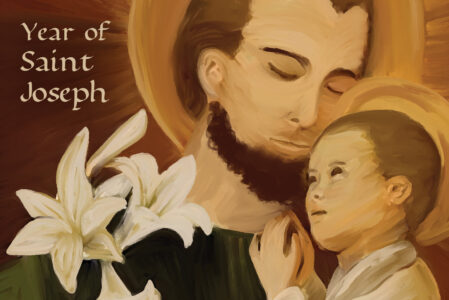

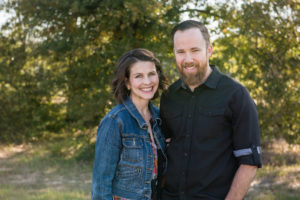
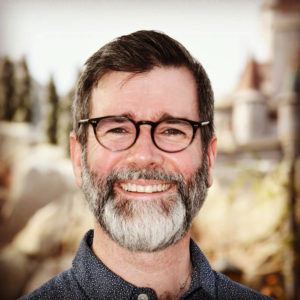
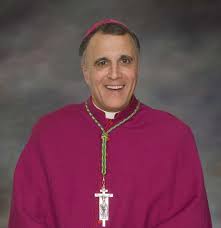
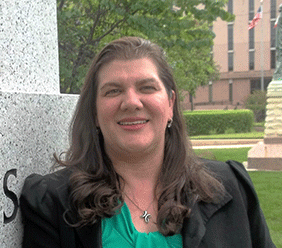
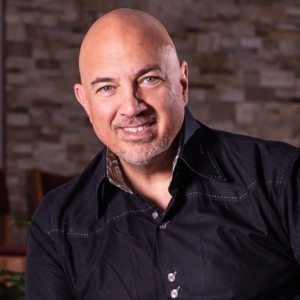
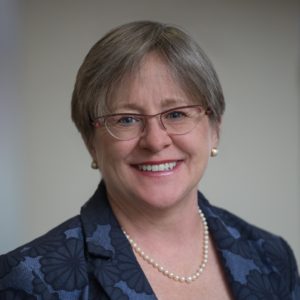 Kimberly Kay Cox
Kimberly Kay Cox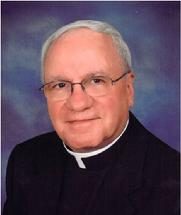
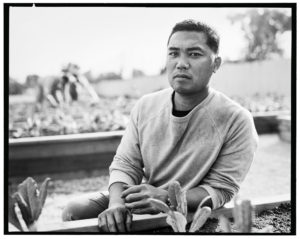
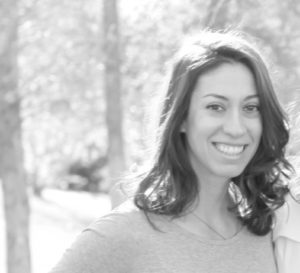

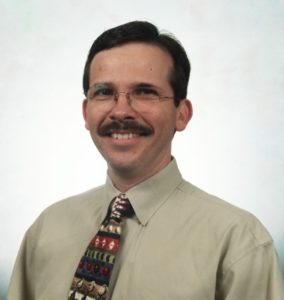
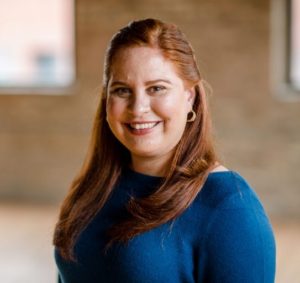
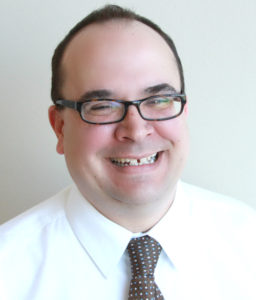
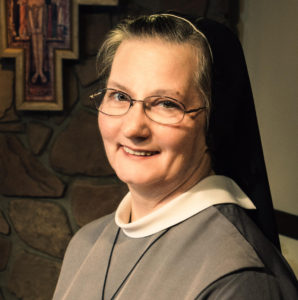
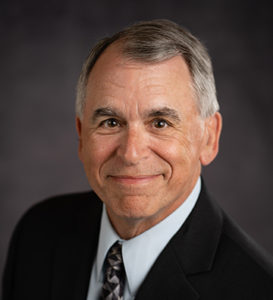 Mark Mogilka
Mark Mogilka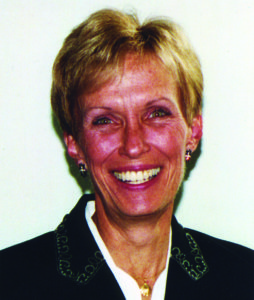
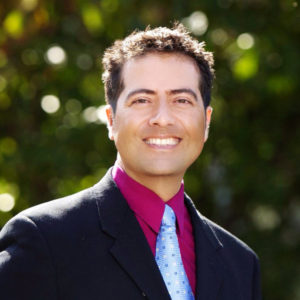



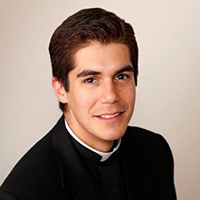
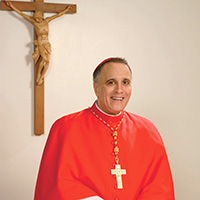

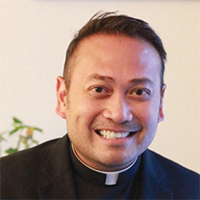
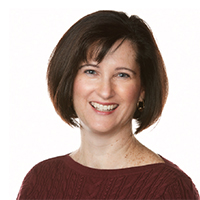

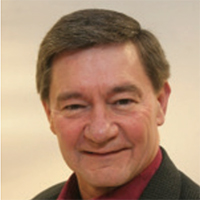
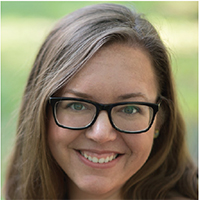
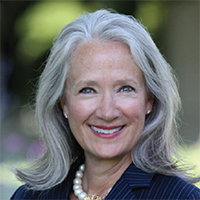
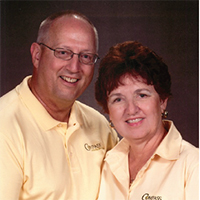
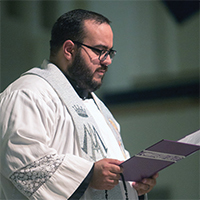
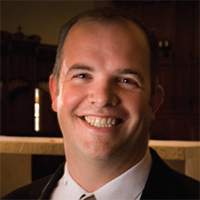

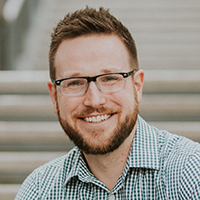
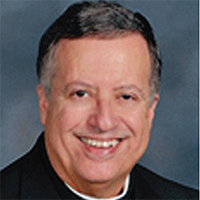

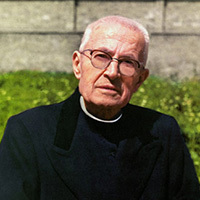
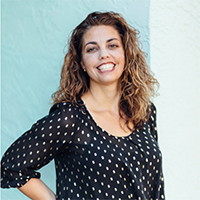

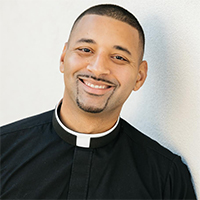




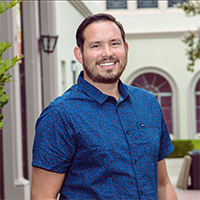
 Armando Cervantes
Armando Cervantes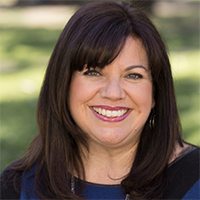 Anna Betancourt
Anna Betancourt
 Andrea Chavez-Kopp
Andrea Chavez-Kopp